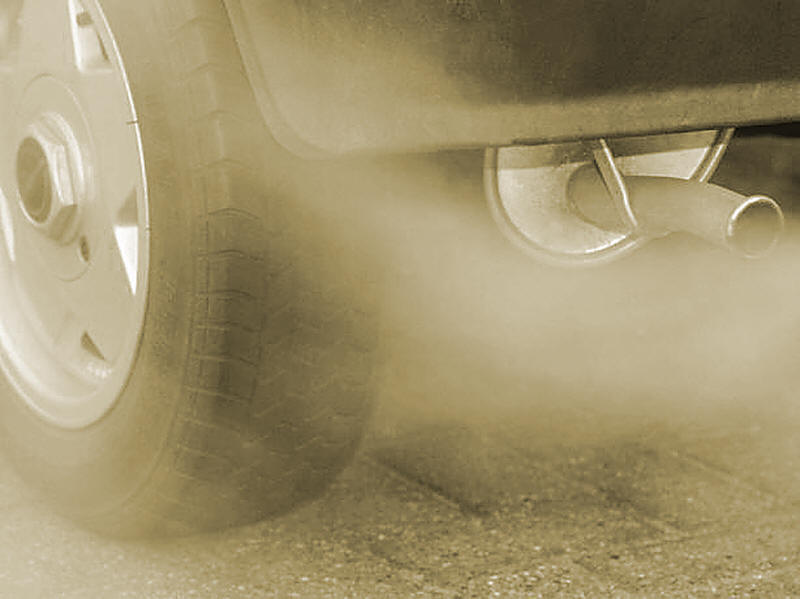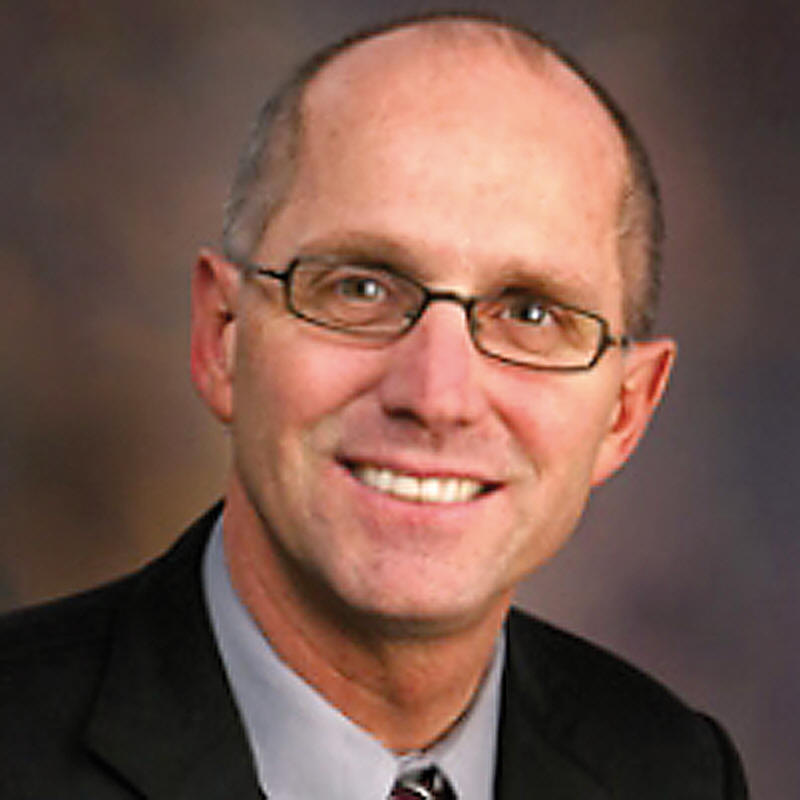|
Editorial web
 Testo in Italiano
Testo in Italiano

Diesel? No Thank!
«The scientific proof is unmistakable and the conclusions
have been unanimous: emissions from diesel engines cause lung
cancer». This is the statement made by Christopher Portier -
Chairman of the International Center of Cancer Research – at the
end of a meeting of experts of the WHO (World Health
Organization) held in Lyons on 12 June. Portier stressed the
need to «reduce exposure to this mixture of chemical products
throughout the world».
Experts have been talking about it for a long time, but now they
have sufficient evidence to determine a
close tie between diesel-fueled engines and cancer: «The
emissions discharged by diesel engines are definitely
cancerogenous for humans, and exposure to these gasses is
associated with an increased risk of lung cancer and a higher
risk of bladder cancer». This is the verdict of a work group
that has placed diesel-fueled engines in the classification –
from today – of “group 1”, the group which lists definitely
cancerogenous substances, while previously diesel emissions
were listed in “group 2” probably cancerogenous
substances for man.
 The
announcement was applauded by the CODACONS which stated
that the WHO information «opens new vistas and – it
continues – now the words “probably” and “potentially” will
disappear: this makes it possible to proceed with greater
success not only against the crime of hazardous emissions of
substances
(674 of the criminal code) but also for omission of official
actions against those mayors and regional presidents who do
not apply the law». CODACONS does not exclude the
possibility of a class action by lung cancer patients. The
announcement was applauded by the CODACONS which stated
that the WHO information «opens new vistas and – it
continues – now the words “probably” and “potentially” will
disappear: this makes it possible to proceed with greater
success not only against the crime of hazardous emissions of
substances
(674 of the criminal code) but also for omission of official
actions against those mayors and regional presidents who do
not apply the law». CODACONS does not exclude the
possibility of a class action by lung cancer patients.
The first comments by the European Association of Automakers (ACEA)
were noncommittal, stressing how the new technologies of the
incriminated engines were developed just to respond to these
fears, and suggests careful reflection on the future consistency
of the car market in Italy and the rest of the world.
While awaiting the effective availability of different
technologies, there is no doubt that the use of LPG as fuel for
cars is the answer now, already and more fully, to the need to
combine economy with ecology. With the addition of the
substantial reduction of social and health costs that, vice
versa, would be much greater due to the increase in tumors
caused by diesel engines that these studies highlighted.
 Among
other things, we are not just talking about cars, but should
also turn our attention to public transportation and the
movement of goods and people on wheels and urban buses. It is
well known that large diesel engines are much more pollutant. A
policy of clean urban transport in densely populated areas,
which takes account of this information, as the WHO requests, is
essential now. There are already systems of diesel-CNG and
diesel-LPG fuel that have been thoroughly tested and are
reliable. They considerably lower both costs and hazardous
emissions. Let’s ask the government, parliament and the more
far-sighted public administrations to enact norms for the
limitation of urban circulation for vehicles not fueled by gas –
or electric vehicles when and if they are mass produced – as
well as reducing the circulation tax and parking fees: it could
really be a concrete initiative for a rapid change of the
vehicles in circulation, without extra costs for the state. Among
other things, we are not just talking about cars, but should
also turn our attention to public transportation and the
movement of goods and people on wheels and urban buses. It is
well known that large diesel engines are much more pollutant. A
policy of clean urban transport in densely populated areas,
which takes account of this information, as the WHO requests, is
essential now. There are already systems of diesel-CNG and
diesel-LPG fuel that have been thoroughly tested and are
reliable. They considerably lower both costs and hazardous
emissions. Let’s ask the government, parliament and the more
far-sighted public administrations to enact norms for the
limitation of urban circulation for vehicles not fueled by gas –
or electric vehicles when and if they are mass produced – as
well as reducing the circulation tax and parking fees: it could
really be a concrete initiative for a rapid change of the
vehicles in circulation, without extra costs for the state.
Ugo
Nazzarro
Bottom: Professor Christopher Portier,
Director of the U.S. Agency for toxic substances and the Disease
Register (ARSDR), Chairman of the International Cancer Research
Center IARC (a branch of the
World Health Organization)
If you have any comments or want to
write to the editor, please use:
direttore@ecomobile.it
|
